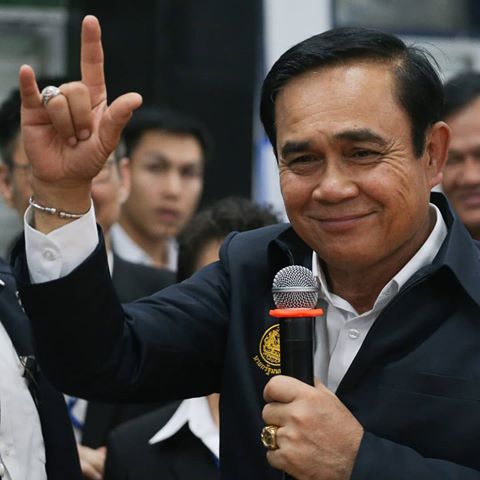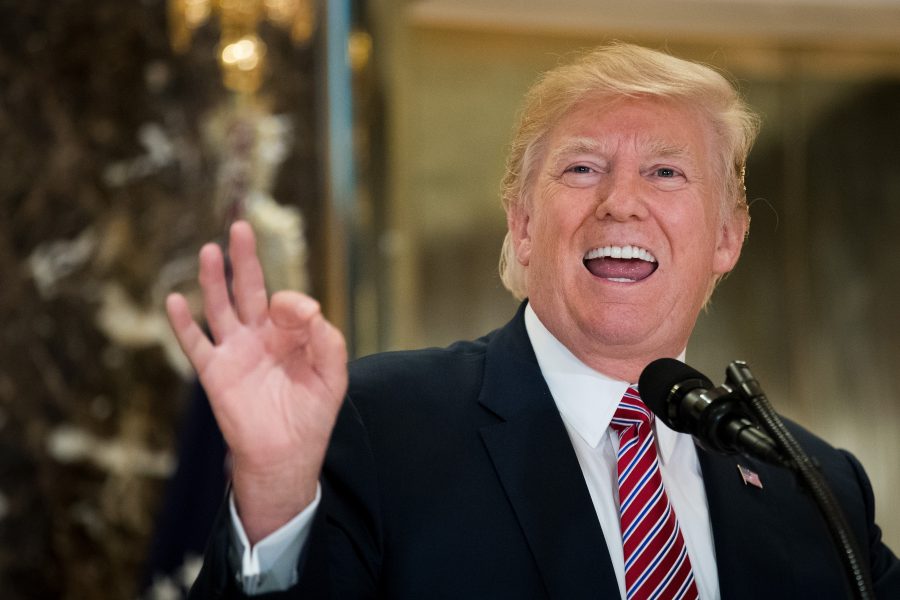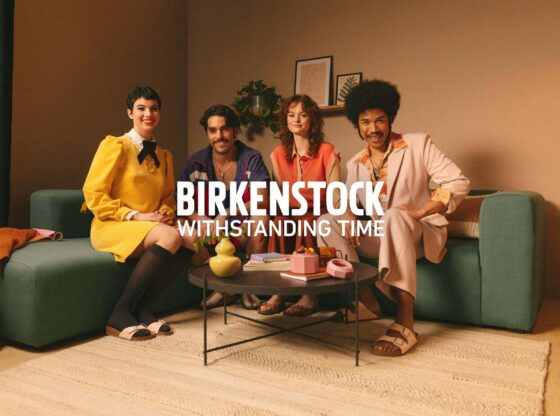![]()
Democracy is in a pretty sorry state at the moment. It gives me no pleasure to make that observation.
Everywhere you look freedom of speech is under threat. Indeed, I wonder just how much I can say here without crossing an ill-defined line.
It seems the question of who will be prime minister in Thailand has finally been resolved. It has been like watching a one-horse race over fences where the sole rider has come off a couple of times and had to remount before finally crossing the line.

The result was never in doubt, but it took a while to clear those hurdles.
A few months back I wrote a piece saying that “democracy is not for everyone”. Little has happened in recent weeks in Thailand to make me think that my observations were wrong.
But Thailand is far from alone in the question marks it is placing against democracy. In the English-speaking world there are several instances of “we don’t like what you are doing so we’re going to hold our breath and stomp our feet until we get our own way”.
In the UK three years ago, the people voted to leave the European Union. Some contend it was a clear majority that felt that way.
How do you define clear? Certainly the “leave” vote was in the majority. I thought the outcome was close and to this day the nation remains heavily divided.
In recent UK-wide elections the newly-formed, one-policy Brexit Party came from nowhere to take the most seats in the UK section of the European Parliament. But the parties campaigning to stay in the European Union also did well. Read into that what you will.
How will it all turn out? Lord knows. My personal preferences are irrelevant (though, for context, I would have voted remain) but I do know one thing: if you poll a nation on what it thinks, you should comply with its wishes. That, I believe, is democracy.
The idea that you ask a question and, if you don’t get the answer you like, you do nothing about it and prevaricate until everyone gets fed up and says “okay, let’s stay then” is not democracy.
Across the “pond” in America, that nation seems very much divided on the issue of having Donald Trump as president. Whether you feel he should be president or not, the fact is that the American people chose him. And they chose him for many reasons – among them putting America first.

Is that a sign of an upsurge in nationalism? Possibly!
There are many that espouse the theory that the UK voted to leave the EU based on nationalism.
There is absolutely nothing wrong in being proud of your country. I am incredibly proud to call myself a Brit. But, if you look through British history, you will see we are a pretty mongrel bunch made up of many European nationalities after the odd invasion or three. Americans are an equally mixed lot, but mashed together over a shorter period.
When nationalism is mis-placed and mis-directed, as a sweeping generalisation, bad things happen.
The last major time we saw strong evidence of this, Americans, Brits, Canadians and like-minded people from around the world ended up wading ashore on a few beaches in France.
I’m writing this 75 years on from that day – D-Day.

When nations start becoming insular, when politicians stop listening to the people they represent, democracy and decency can get kicked into the long grass.
It’s an old adage: for evil to succeed, it is only necessary for good men to do nothing.
I’m not saying that the trends we see at the moment are evil. But, if good men continue to turn a blind eye, they might eventually be allowed to become so.
If we really want to honour the legacy of the brave men who battled at Normandy all those years ago, it might be an idea for good men to start doing something.
By Dave Buckley












